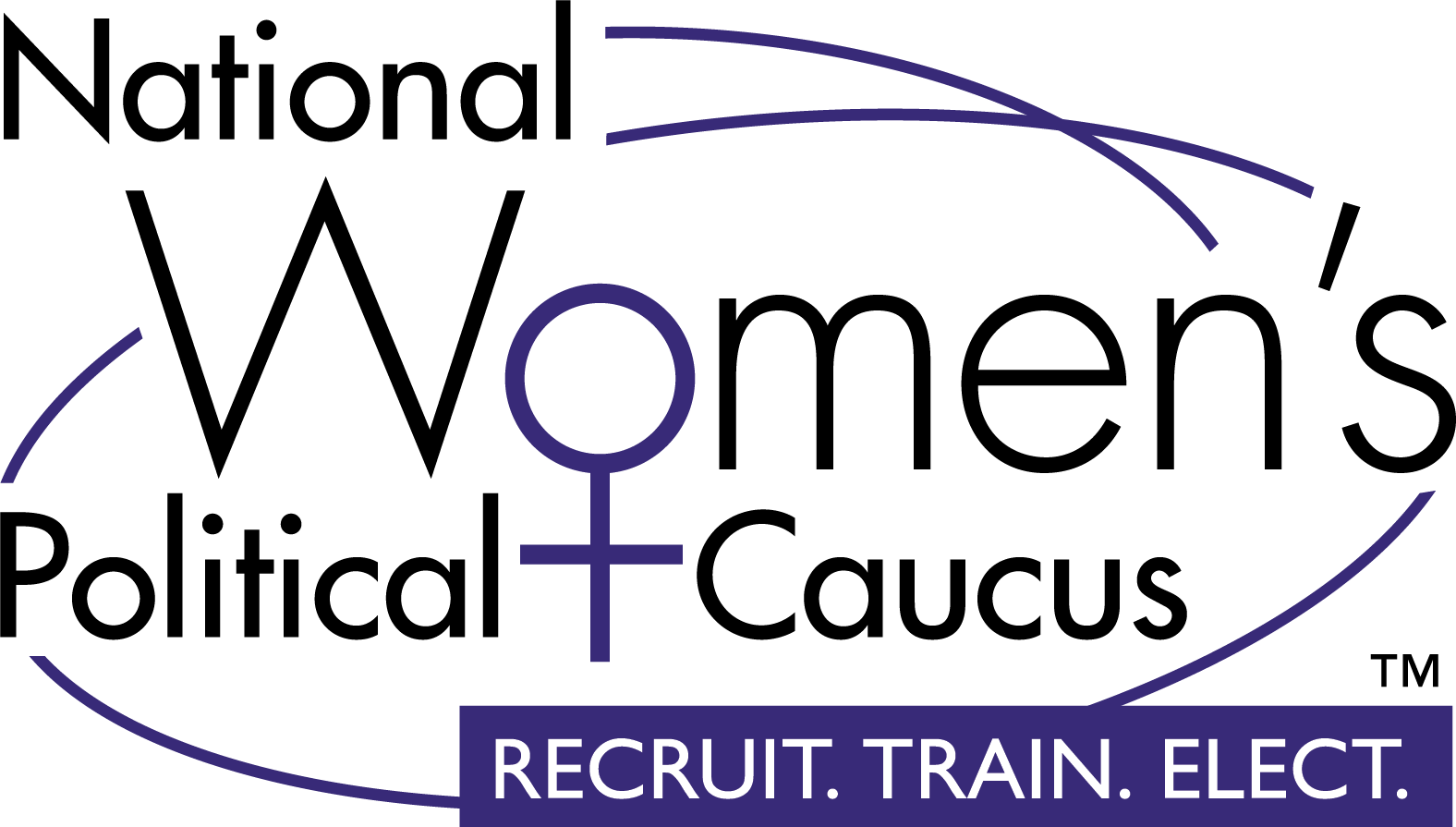By Sammi Mathew, NWPC Communications Intern
The beginning stages of Black History Month first took place in 1926. Negro History Week was created by historian Carter G. Woodson and the Association for the Study of Negro Life. Negro History Week has evolved into what we now know as Black History Month. We use February as a time to acknowledge the struggles and adversaries black women and men had to overcome, as well as the hardships black people still face today. Black History Month serves as a time to reflect, listen, and take action on the racial issues of our past, present, and future.
It is no secret that black women led the way for significant political gains for equality in America. We often think of August 26 as the Anniversary of Women’s Rights to Vote, however, we fail to acknowledge the fact that not every woman in America could vote after this date. Towards the beginning of the 19th century, black women worked side by side with white women in determination to obtain voting rights. Once enslaved black women joined forces with white women and black men, all working in unison to advocate for their ultimate goal: equality.
As powerful as a unified front of women would have been, these combined efforts became short-lived. White suffragists left interracial groups in fear that black men would gain the right to vote before white women. This led African-American women to create their own coalitions and assert that they too deserved to vote just as any other man or woman should. Eventually, both black and white women came back together in order to accomplish their common goal. This is not to say this was a smooth partnership, as black women dealt with the hurdles of interracial camaraderie that they still face today, including challenges maintaining positions of leadership, group inclusion and experiencing racism.
Despite these hurdles, black women persevered for their own voting rights and simultaneously advocated for anti-black discrimination across America. They also advocated for imperative political and economic advancements, as well as advances in labor and education. They rallied audiences of supporters and spoke out at political and religious gatherings, illustrating that they were an empowered force that would stop at nothing in order to make these goals reality. In 1871, suffragette Mary Ann Shadd Cary, along with several others, attempted to vote in Washington D.C. regardless of the legal circumstances. Unfortunately, these attempts were not deemed legitimate. However, this did not stop them from ensuring that an affidavit would be created, documenting this attempt. Women such as Gertrude Bustill Mossell wrote to inform fellow citizens on the history of voting, suffrage, and the importance of this knowledge. The formation of organizations such as the National Association of Colored Women provided a platform for black women to take on the country and demand the ability to vote, as all citizens should have the ability to. Black women used any and every tool possible to champion their cause, a cause they knew was not only a deserved right but a cause they needed as protection from the consequences of lack of allowance in the political process.
The black women’s suffrage movement took its final stride as late as the early 20th century. After decades of political oppression, the Nineteenth Amendment finally allowed women the right to vote. While women of color were included in the Nineteenth Amendment, they still had significant roadblocks that kept them from being able to exercise this right. Particularly, in southern states, restrictive laws were put in place in order to limit the power black women had to make use of this amendment. Black women surged in their effort still to secure the right to vote for both black men and black women. The great black migration to the north in combination Voting Rights Act allowed black women to overcome a number of these barriers. However, voter suppression still remains today, and our efforts are not done in order to ensure that all Americans have the right to vote freely and securely. There are still black women pushing against the oppressive restrictions put in place, such as Stacey Abrams. The former State Representative of Georgia now runs an organization called Fair Fight, designed to ensure voting rights for all Americans and eliminate the roadblocks that keep Americans from having their voice heard in the American government.
Black women have been and remain a powerful force of actors working to change equality and equity for women and people of color. We see through the actions of black women such as Shirley Chisholm, Mary Kenner, Jane Bolin, Angela Davis, Wangari Maathai, Nina Turner, Stacey Abrams, and a variety of others how black women have and are changing the world as we know it. While the work is never finished, we look to black women as the leaders and pioneers of human rights in America and our desire to progress forward.

Sammi Mathew is a devout human rights advocate from Cincinnati, Ohio. She serves as the Communications Intern at the National Women’s Political Caucus, as well as the Government Affairs Legislative Intern at Hannah News Service. Sammi also works as the Staff Assistant to the District 3 Office of the Louisville Metro Government. She is currently majoring in Political Science and minoring in Communication at the University of Louisville. She operates as the Vice President of United Nations Association Women at the University of Louisville, helping to create the first United Nations Association Women’s Chapter on a college campus in America. Previously, Sammi has interned for the Louisville Metro Government’s Office for Women, been a Deputy Field Organizer of the Kentucky Democratic Party, and Brand Marketing Associate of vegan food company V-Grits. Sammi enjoys keeping up with current events politics as well as gender equality and other human rights concerns on a local and international level.

